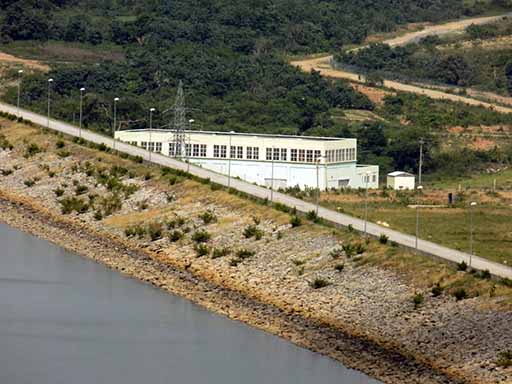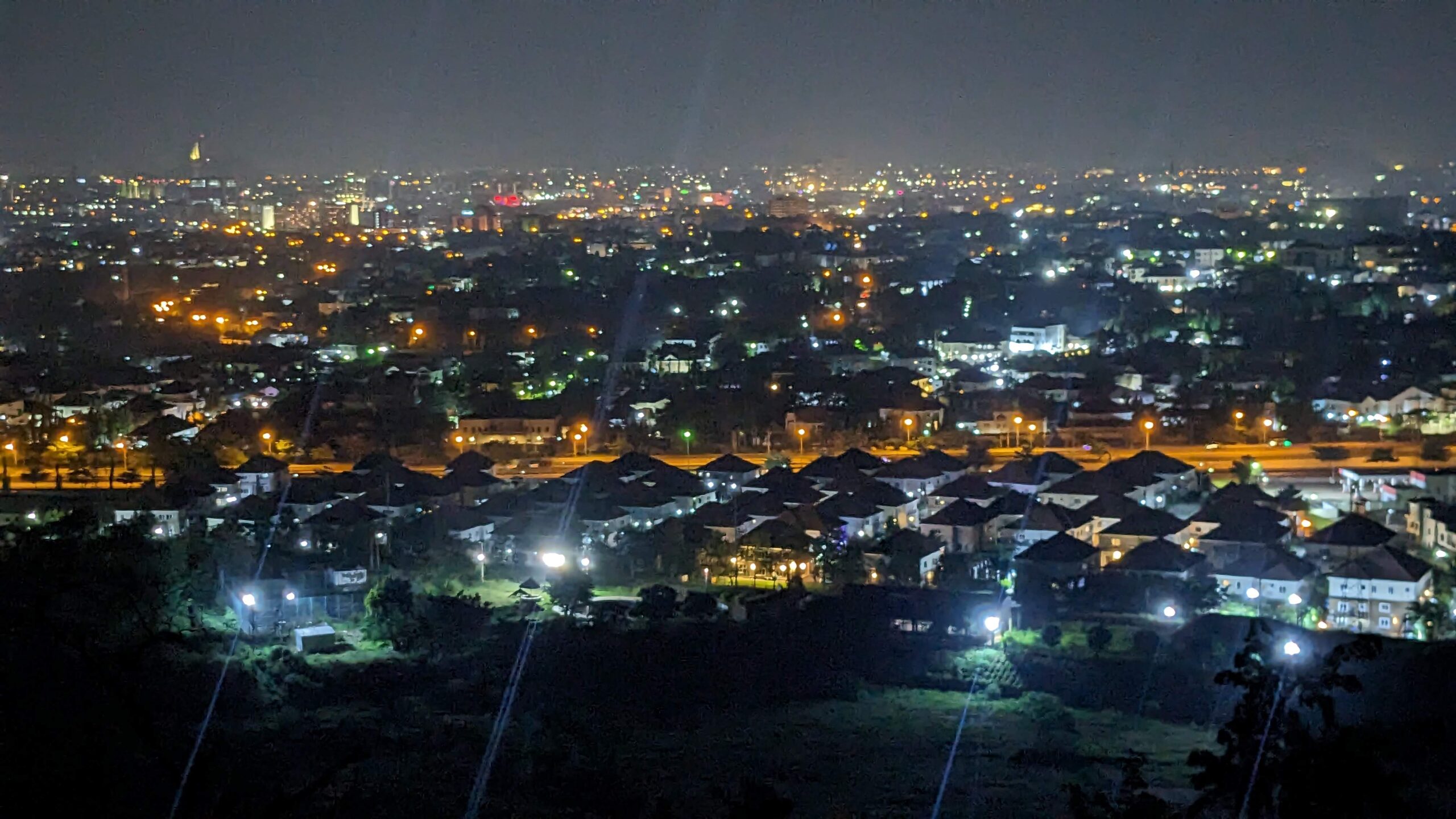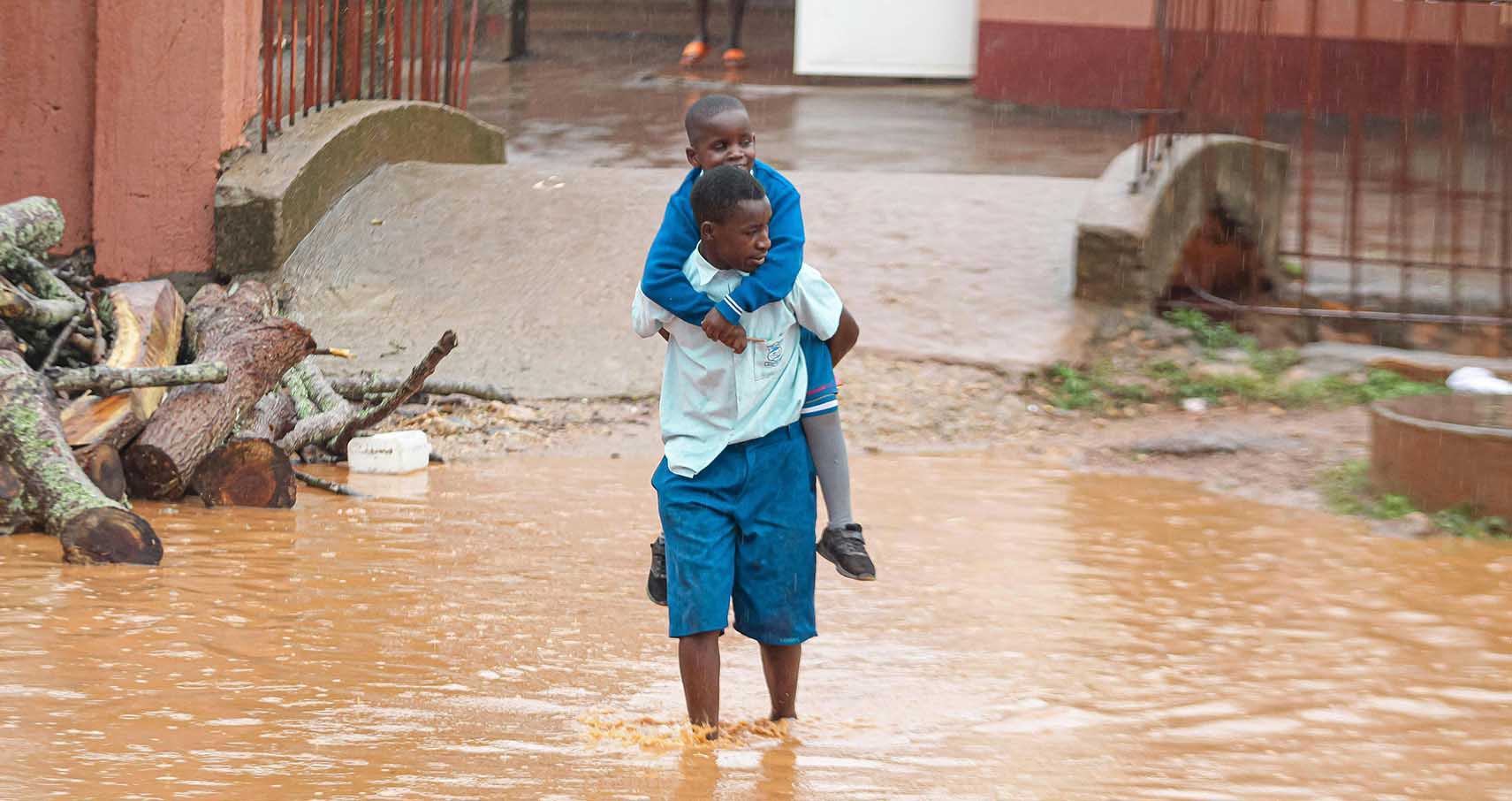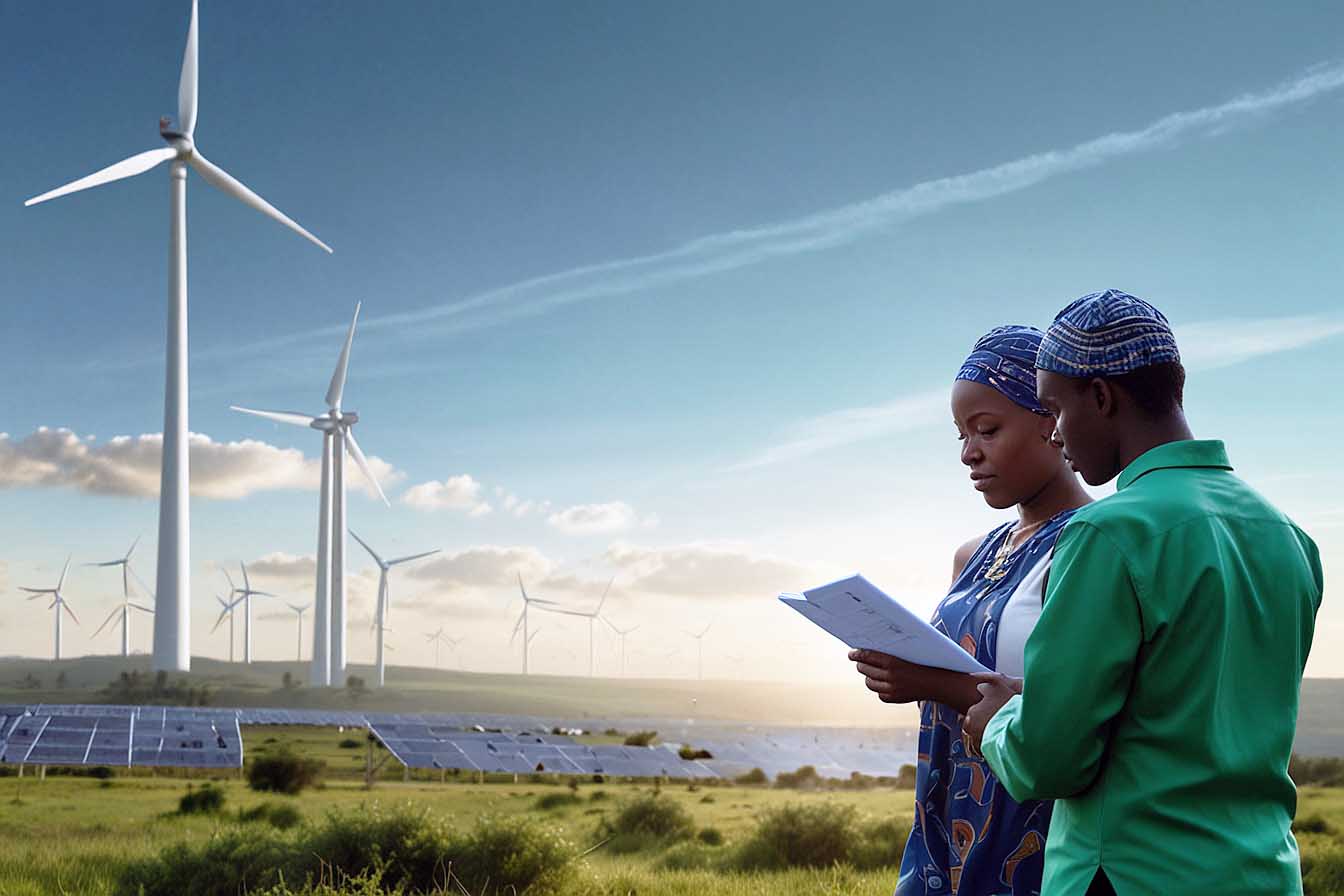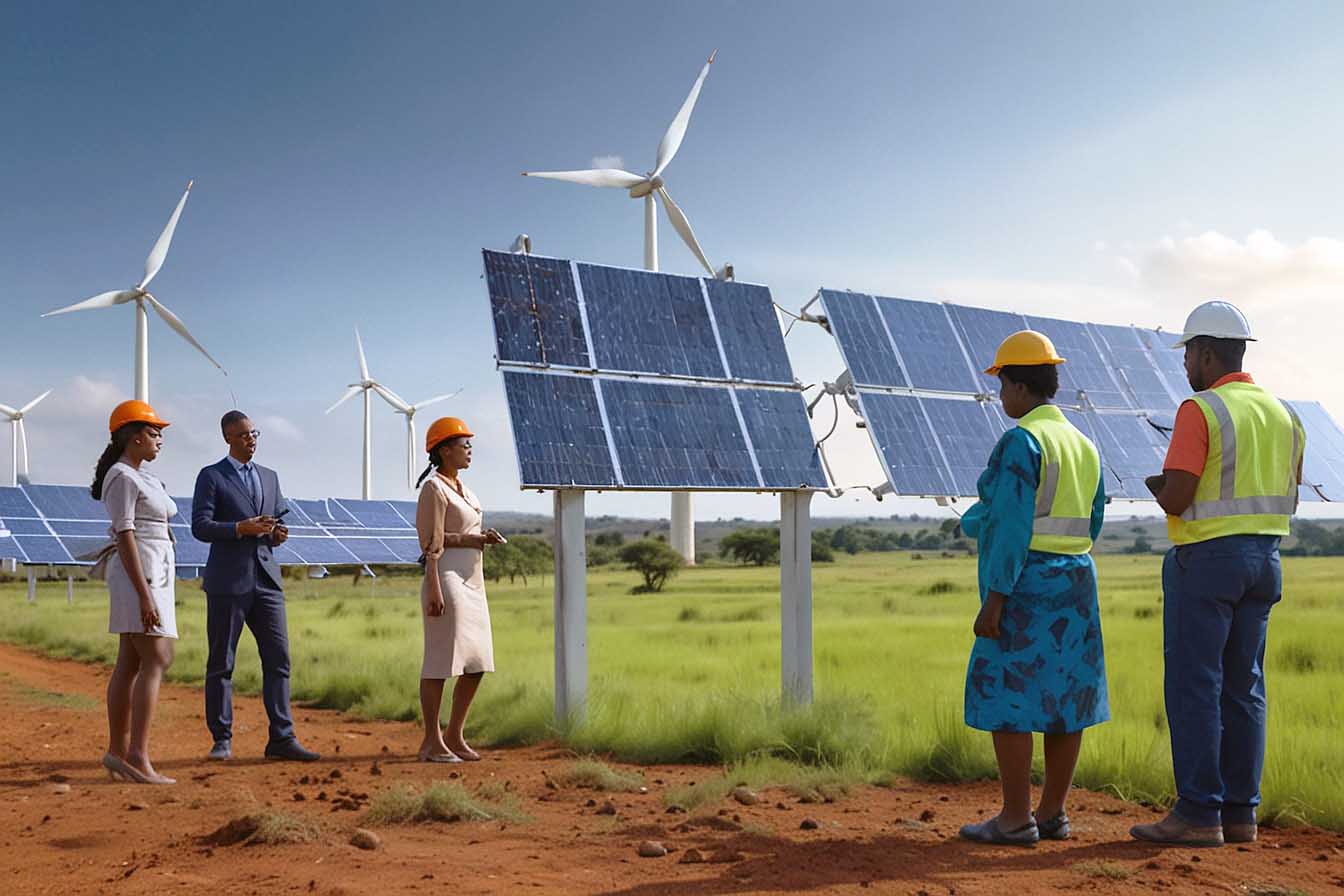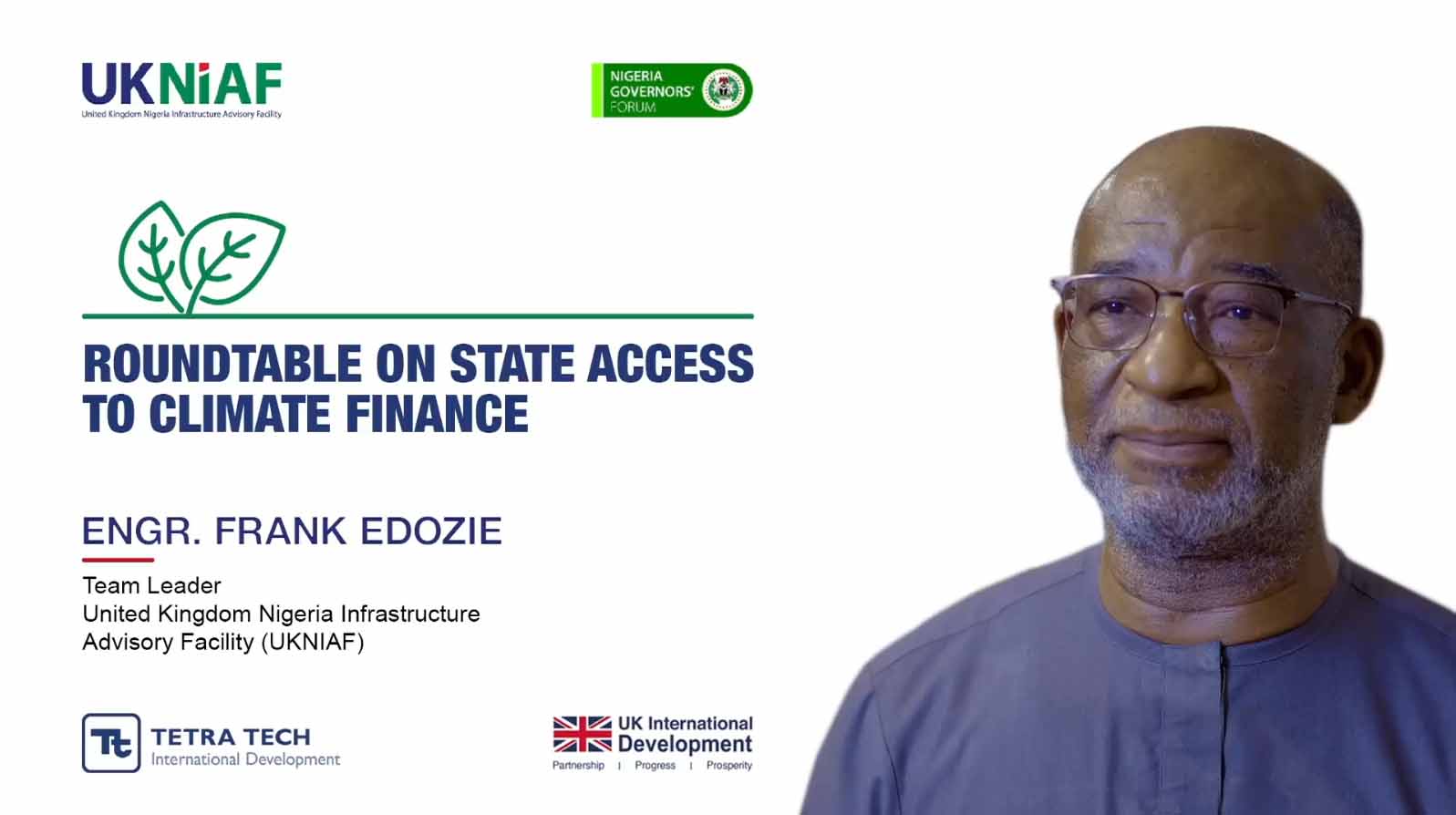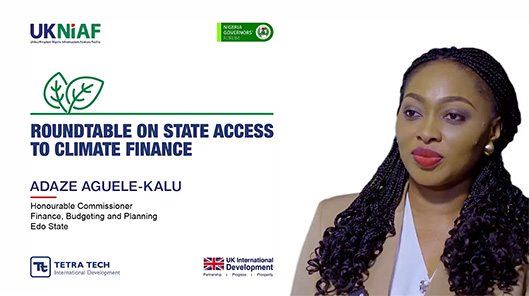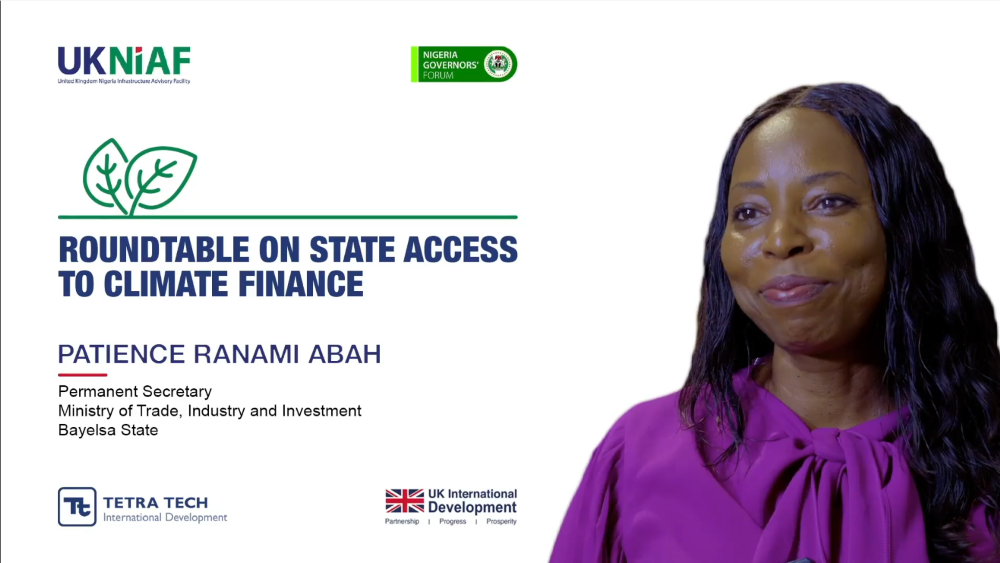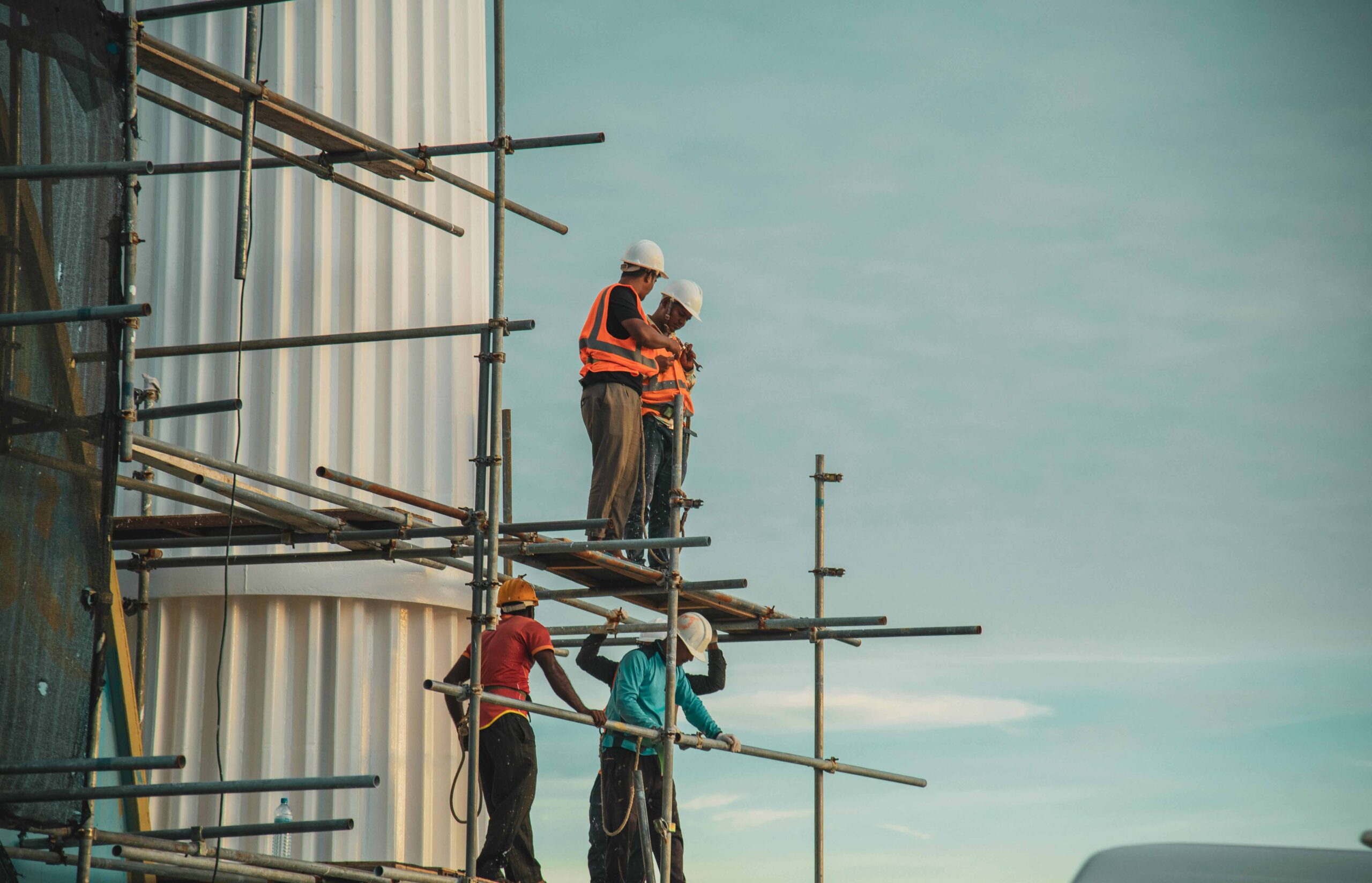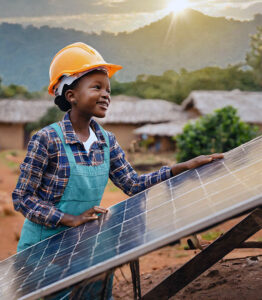A large portion of development work is focused on change; change in context, change in operations, change in behaviour. These changes don’t happen overnight, and in some cases, it can take a while to see results. But even small, incremental adjustments can be important early signs that positive change is happening.
In this series called “Stories of Change,” we share some examples of early indicators of change.
What happened?
UKNIAF collaborated with the Federal Ministry of Power (MoP) and the Nigeria Electricity Regulatory Commission (NERC) to conduct a scoping study for the development of Nigeria’s inaugural Integrated Resource Plan (IRP). The IRP serves as a planning framework to establish the optimal combination of resources to meet the country’s long-term electricity requirements.
Why does it matter?
The electricity supply industry in Nigeria has faced challenges due to the diverse interests of stakeholders and the absence of a unified sector ownership and strategy. To address this, the revision of the Nationally Determined Contributions (NDC) and the approval of the Energy Transition Plan (ETP) by the Federal Government emphasized the need for a comprehensive plan to achieve the country’s low carbon transition.
The IRP serves as this comprehensive plan by integrating various factors that impact electricity supply and delivery. It considers federal and state government regulations, expectations, and physical assets such as transmission lines, as well as customer demand. The IRP relies on specific data relevant to Nigeria and incorporates global best practices. It plays a crucial role in managing a just energy transition for the country.
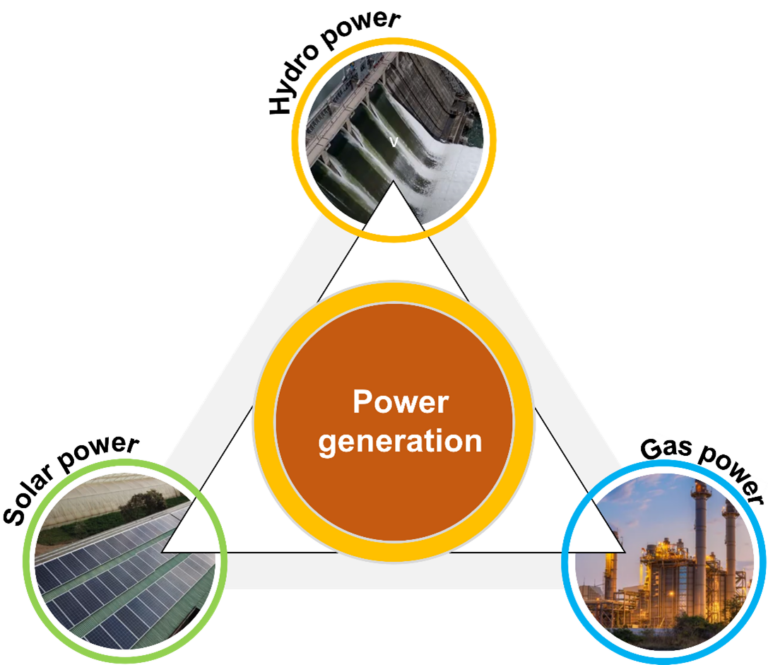
Who benefits?
UKNIAF provided technical advisory support to the MoP in the initial phase of the IRP development process. This support has facilitated the establishment of a stakeholder oversight committee comprising representatives from various public and private sector agencies involved in the electricity supply value chain.
The stakeholder committee includes representatives from key entities such as the Federal Ministries of Environment, Finance Budget, and National Planning, as well as Water Resources. Additionally, participants from the Association of Nigeria Electricity Distributors, Energy Commission of Nigeria, Niger Delta Power Holding Company, Rural Electrification Agency, Nigeria Electricity Management Services Agency, and the Transmission Company of Nigeria are involved. These organizations have a direct interest in the IRP as their activities significantly impact the achievement of the low carbon commitments outlined in the NDC and ETP.
The active participation and collective ownership of the IRP development process by these stakeholders will contribute to the successful implementation of the plan in the long run.
What did UKNIAF do that made the difference?
NERC recognized the need for an IRP in Nigeria as part of its strategic plan. After engaging in exploratory meetings with UK Partnering for Accelerated Climate Transitions and UKNIAF, NERC requested assistance to develop the IRP. The MoP supported this request to fulfill the country’s post-COP26 Energy Transition Plan (ETP) commitments. The leadership of the MoP was crucial for the success of the IRP development process.
UKNIAF played a key role in building consensus among stakeholders to develop the IRP. By encouraging stakeholders to take ownership of the process, the energy sector is now aligned with the low-carbon pathway outlined in the NDCs and ETP. Overcoming initial resistance, UKNIAF facilitated awareness sessions with various stakeholders through focus groups. These sessions, held under the auspices of the MoP, generated valuable findings that were presented to the MoP and NERC, gaining their support for the IRP development effort.
Following this, an assessment report was produced to evaluate the readiness of the MoP to lead the development of a suitable IRP. Areas requiring additional capacity were identified, emphasizing the collaborative nature of the process. The scope and stages of the IRP preparation for Nigeria were then presented and approved by the MoP and other stakeholders. Remaining work in demand load forecasting, resource assessment, and generation development will be carried out between December 2022 and October 2024, with UKNIAF’s support.
Prior to UKNIAF’s involvement, there were conflicting opinions among stakeholders regarding the necessity of an IRP. Creating an IRP for the power sector is a complex task that requires substantial support. With UKNIAF facilitating the process, the MoP has taken the lead in coordinating the effort, initiating the process successfully. Collaboration with the World Bank, which will focus on the transmission aspects, and involvement of the Global Energy Alliance for People and Projects, demonstrate increased buy-in and the sustainability of the IRP process. USAID’s Nigeria Power Sector Programme has provided quality assurance and expressed interest in providing additional support, further strengthening the collaborative effort.
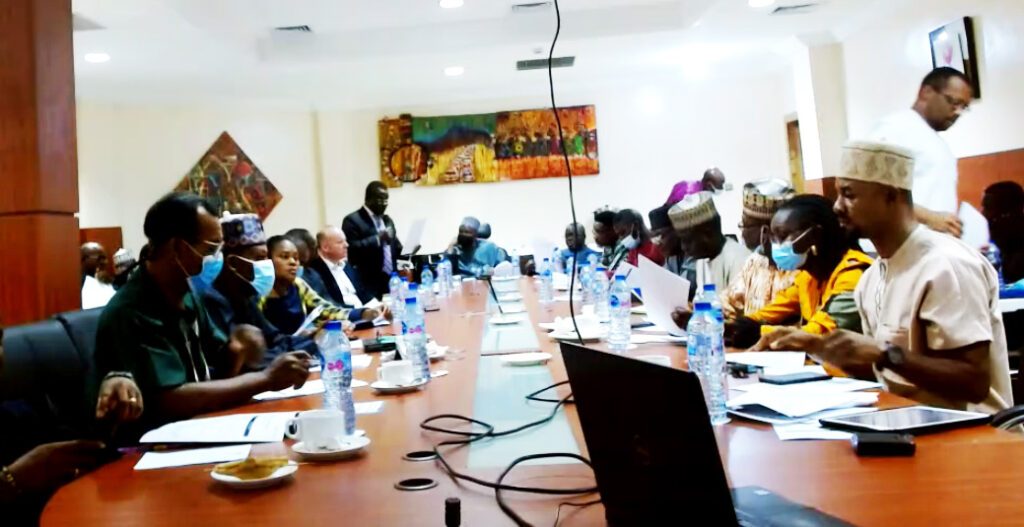
What lessons can we draw from this?
- Building consensus is key:
Stakeholder engagement and influencing play an essential role in building consensus around a new idea and will underpin its successful implementation. - Best practice can be applied where applicable:
Regional and international best practices are useful, especially where they feature similar challenges and limitations. - Understanding is key to overcoming resistance to change:
Resistance to change is driven often by unexpressed underlying fears. Effective advice and support involve identifying and addressing these fears.

